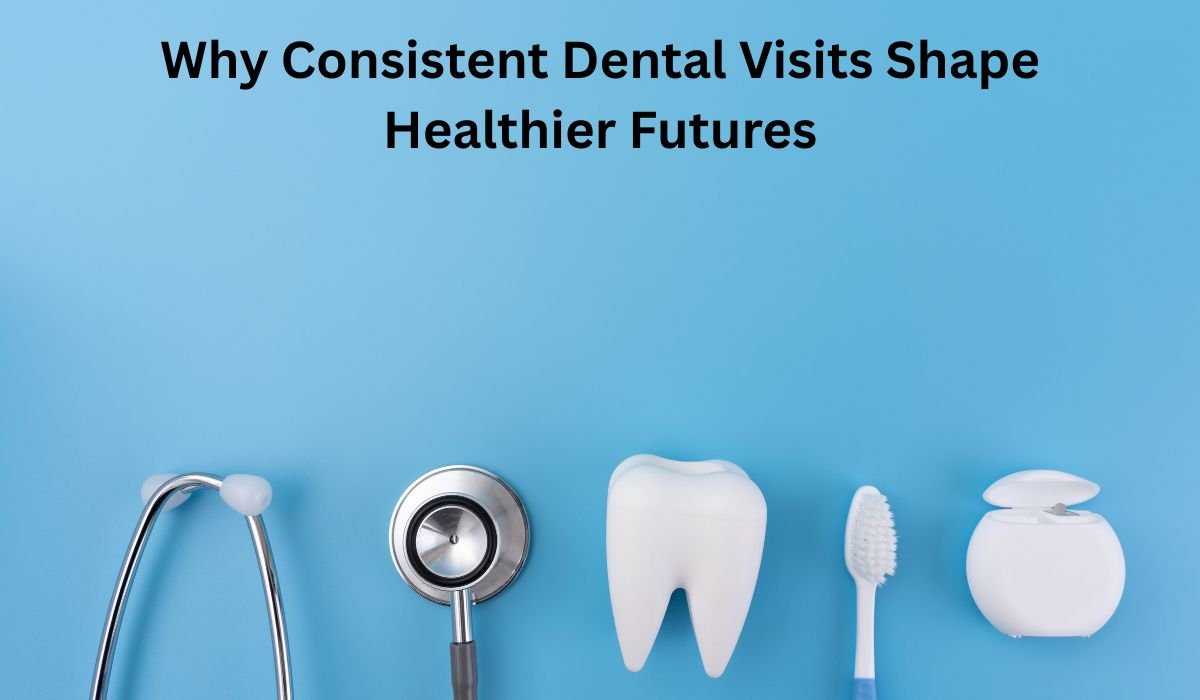Key Takeaways
- Content quality and strategic keyword use are essential for higher organic rankings.
- Regular content audits drive improvement by identifying gaps and optimization opportunities.
- Utilizing diverse content formats broadens reach and audience engagement.
- Data-backed decisions lead to sustained search visibility growth.
In today’s crowded digital landscape, standing out in search results requires more than traditional SEO tactics—it demands creative, user-focused content strategies. Organic search performance hinges not just on ranking for keywords, but on delivering value, engagement, and relevance to every visitor. From blog posts and videos to interactive tools and infographics, innovative content formats can capture attention, encourage sharing, and signal authority to search engines.
By blending creativity with data-driven insights, businesses can craft content that resonates with their target audience while meeting search algorithms’ evolving expectations. These strategies help improve visibility and drive meaningful interactions, higher conversion rates, and long-term online growth. In this guide, we explore actionable approaches to elevating organic search performance through compelling and inventive content.
Why Content Quality Outranks Quantity
As Google’s search algorithms evolve, websites that offer comprehensive, high-value content consistently outrank those focused solely on volume. Modern ranking systems reward depth, practical insight, and original research, shifting away from high-frequency, thin posts. According to recent coverage on Search Engine Land, algorithm updates are increasingly calibrated to emphasize well-researched and expertly written resources while demoting shallow content.
Notably, brands that pivot to investing in robust guides and evergreen resources often see significant lifts in organic rankings. Collaborating with a trusted Denver SEO company can provide the essential expertise to produce content that appeals to users and search engines, helping brands surpass competitors reliant on outdated content strategies.
Building an Effective Keyword Strategy
A purposeful keyword approach centers on understanding real user intent. Thorough keyword research uncovers what your audience is searching for, allowing you to align content with searchers’ needs rather than relying on guesswork. Tools like Google Keyword Planner, SEMrush, and Ahrefs are invaluable for uncovering high-impact search terms and related long-tail opportunities that broaden organic reach.
Beyond obvious keywords, exploring synonym clusters and questions users ask across forums and social platforms can reveal untapped opportunities. Prioritizing intent—whether informational, navigational, or transactional—ensures content attracts the right visitors and captures engagement, a central tenet of modern SEO.
How Content Audits Reveal Improvement Areas
Conducting regular content audits is essential for discovering performance gaps and optimization opportunities. Start by cataloguing all existing pages, then use analytics tools to pinpoint underperforming, outdated, or duplicate content. Metrics to monitor include organic traffic, bounce rate, and keyword rankings.
Remove or update posts that no longer serve your goals, and consolidate similar topics to enhance authority. This process not only refreshes your site for search engines but also ensures visitors find relevant, up-to-date information—strengthening both SEO and user trust.
Embracing Multiple Content Formats
Diverse content formats expand your brand’s digital footprint and improve engagement. Blog posts provide search visibility, while videos, infographics, and interactive tools cater to different learning styles and retention preferences. According to a 2023 Content Marketing Institute survey, B2B organizations leveraging varied formats report higher user engagement and content consumption rates.
Mixing formats also increases your presence on platforms like YouTube and Pinterest, attracting visitors from new sources. Repurposing a core idea into articles, explainer videos, webinars, or downloadable checklists makes your efforts more efficient while maximizing reach.
Blending SEO With Storytelling Techniques
SEO success no longer depends on keyword density alone; compelling storytelling is essential to capturing both algorithmic attention and human interest. Weaving targeted keywords naturally into engaging narratives keeps readers invested and compels them to act. For example, instead of a standard product description, sharing a customer success story—with context, challenge, and resolution—can drive stronger emotional connection and organic shares.
Case studies, testimonials, and industry anecdotes humanize your brand, differentiate your message, and improve dwell time, a signal Google uses in ranking considerations. By merging informative value with relatable stories, businesses attract wider audiences and foster loyalty.
The Role of Data in Content Optimization
Informed content updates are rooted in analytics. Analyzing search data, click-through rates, and user journeys exposes what’s working and what could be improved. Google Search Console and Google Analytics deliver actionable insights at scale, helping you prioritize updates based on actual user behavior instead of assumptions.
Using tools, marketers can visualize how users interact with their content, from scrolling patterns to drop-off points. Regularly reviewing these metrics and industry trend reports ensures your content strategy evolves alongside audience interests and search ranking signals.
Focusing on User Experience for Lasting Results
A well-optimized site structure, intuitive navigation, and mobile-friendly design are critical to SEO and overall satisfaction. Google’s algorithms increasingly prioritize user-centric metrics like page speed, core web vitals, and easy access to information. There is a direct correlation between seamless user interfaces and sustained organic ranking.
- Readability: Use concise language, short paragraphs, and bullet points.
- Accessibility: Make content accessible for all users with alt text and clear navigation.
- Engagement: Incorporate calls-to-action and opportunities for interaction, such as comments or sharing tools.
Measuring Success and Adapting Over Time
Consistently measuring the effectiveness of your content marketing is essential for incremental improvement. Key performance indicators include organic traffic, ranking improvements, on-page engagement (time on site, bounce rate), and conversion rates. Regular reporting helps reveal which topics, formats, and distribution channels work.
Employ a cycle of ongoing testing, learning, and refinement. Experiment with new content types, A/B test calls-to-action, and remain agile in response to shifting algorithms and market trends. This adaptive approach ensures your SEO content remains effective in the long term.
Conclusion: Continuous Growth Through Smart Content
Achieving sustainable organic search success hinges on a holistic approach to content strategy. By prioritizing value over volume, grounding keyword research in intent, embracing diverse formats, and making informed, data-driven updates, businesses are positioned to outperform competitors. Continuous improvement—rooted in analytics, audience feedback, and creative adaptation—will empower your brand to thrive in the dynamic world of search.



